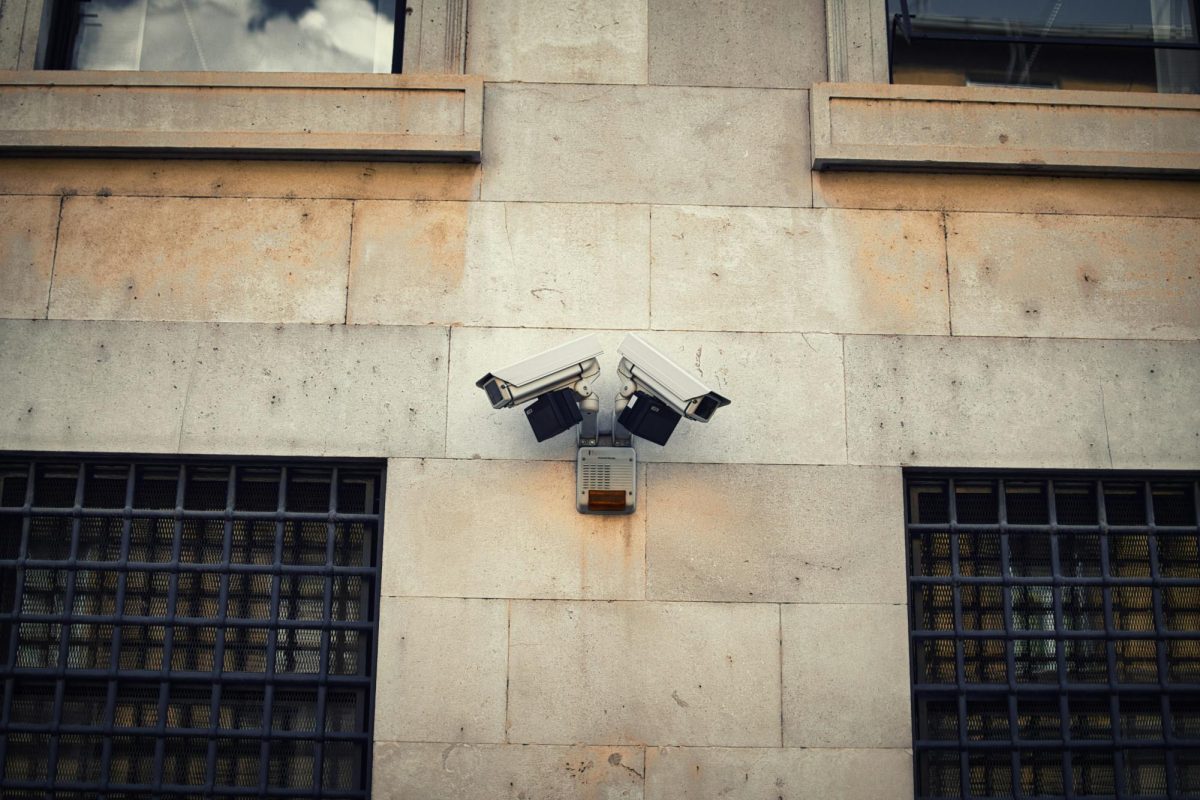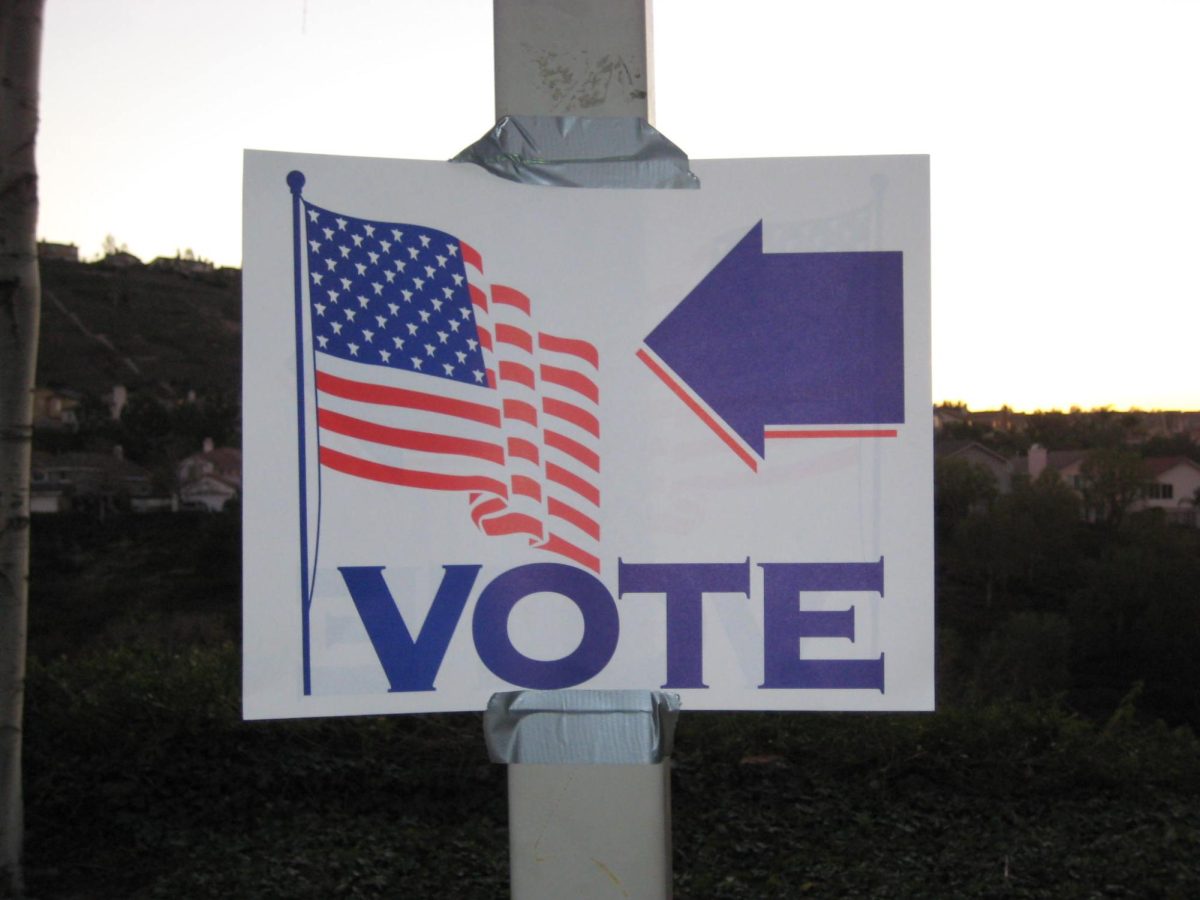The holidays have long held the connotations of giving, family, close-knit emotional bonds, and several other positive emotions that seem to invoke nostalgia from the majority of Americans. It is a time to share experiences with loved ones, enjoy good food, and occasionally indulge in an act of charity or giving. Indeed we most often hear about such acts during the holidays. Whether it is a dinner event for the homeless, volunteer help for stray animals, or some simple act done on a personal level, many of us feel inspired to act with altruism during these times. However, is this necessarily a good thing?
I do not mean to say that charity is in some way a problem. I cannot condemn generosity, regardless of the motivations behind it. If anything, we could benefit from a greater amount of charity. Numerous people both here in the U.S. and around the world both need and rely on the charity of others. That said, should we contribute only during holidays? Should we only choose to give aid to others when we feel the impulse and obligation from the season?
I do believe this disparity in the timing of charitable contributions constitutes a serious problem. While it is fine to donate money or hold a charitable event during the holidays, it only helps the needy during those specific instances. They still have to face the very challenges of survival in the times to follow. The benefits provided by holiday charity certainly help this struggle, at least a couple times a year. However, they suffer from a deficit during other times.
Indeed, there might even be a surplus of aid on the holidays in some ways. For instance, there are often so many dinners and events for the homeless or less fortunate during the holidays that they actually have to choose which event they will attend and many functions end up with large amounts of leftovers. It is simply a waste to provide all that service in an environment without adequate need.
Therefore, I urge people to think when going about their holiday giving this year. Will the money or time you give make a difference when you give it? Would it not be better employed at some other time during the year when the needy still face similar challenges without the benefit of holiday charities? Effort spent in a futile endeavor is effort wasted, and people the world over need all the help they can get.
That said, what we really need is more charity. This disparity in giving would not be a problem if contributions were large and continuous enough to provide for the needy people of the world. Therefore, I sincerely believe that rather than giving at the right time, people should give more all the time.
Critics might argue that such a system would create a cycle of dependence, where people benefiting from charity would feel no need to better their circumstances. However, very few people are content simply living off the generosity of others.
Most people just want a stable, secure method of providing for themselves and their families. Charity is, at best, a stopgap measure to help people survive in times of trouble until they can acquire the means for provision. However, such considerations remain the matter of theoretical debate. Only once we, as a society and as a species, can provide for those without the ability to do so in a satisfactory manner, will these concerns become relevant.





